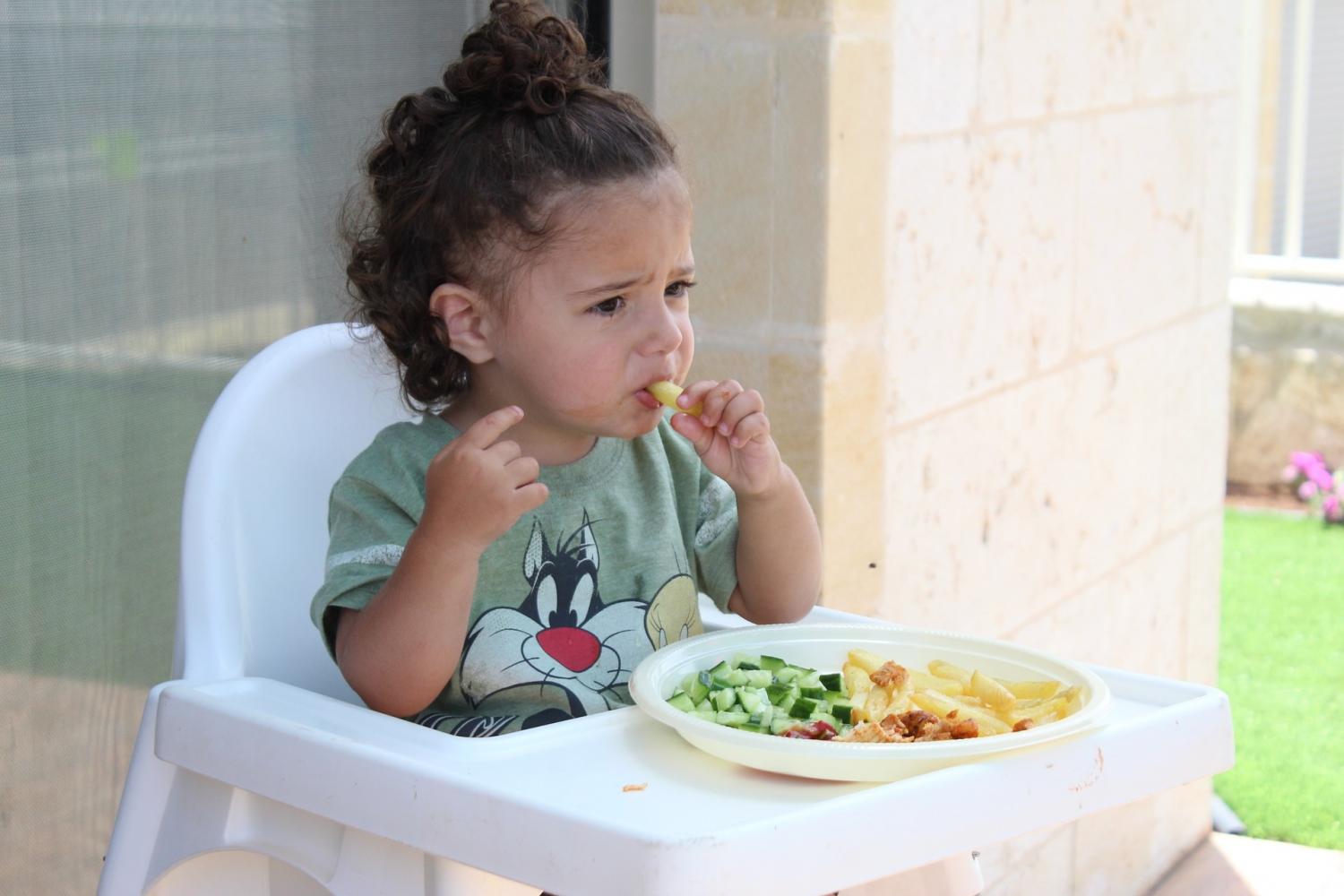
A gentle parent’s sensitive response encourages positive actions
QUESTION
Dear Adele,
What is ‘Gentle Parenting’?
Just Wondering
ANSWER
Dear Just Wondering,
‘Gentle Parenting’ was invented by British childcare writer and parenting guru Sarah Ockwell-Smith. The jury is still out as to whether this parenting method is sufficiently scientifically proven, so proceed with an open mind if you decide to give it a try.
According to ‘A Beginners Guide to Gentle Parenting’ by Natalia Oliver, gentle parenting supports an understanding, respectful and empathetic partnership between the parent and child, making choices for behaviour based on a child’s internal willingness to do so. This approach requires parents who are emotionally attuned to their children because the adult tries to understand the reasons behind the child’s behaviour and the unmet needs that may be causing the objectionable conduct. Gentle parenting does not encourage good behaviour with either rewards or punishments. There are no charts, no stickers, no bribes, no promises of toys, no food rewards, no timeouts, no hitting, no raised voices, and no shaming.
According to an article by Stephen Scott entitled ‘What is gentle parenting: an expert explains,’ the parents set clear limits. Then, when bad behaviour occurs, they stop and listen, trying to understand the state of their child’s emotions. This is followed by the parents validating the child’s feelings before they decide how to deal with the problem. An example of the validation statement might be, “You are crying and angry because you lost the soccer game. You feel annoyed that the other team may have cheated.”
Scott says that labelling the child’s emotions helps promote emotional intelligence. It teaches children how to label their own emotions so they can act more appropriately. Clarifying the child’s feelings assists the child to calm down and subsequently look at solutions to the problem. Scott says this is a sensitive response on the part of parents, which results in better social skills, better school grades, better childhood adjustment, and closer relationships between parent and child.
In conjunction with this sensitive response to children, limits must be clearly set. Limit setting must be done in a calm manner with no display of anger or temper. It is important that children learn how to treat others, both adults and kids. There is no question they must learn how to follow rules which are required in other settings like schools, churches, community groups, and other people’s families. It is additionally salient that youngsters learn there are consequences to bad behaviour in our society which will be enforced.
Psychologists understand that children seek negative attention over no attention, and therefore it is important to avoid providing negative attention. Scott says, "the solution is to briefly withdraw attention when children are misbehaving followed by engaging them only when they’re behaving better.” It has been said that it is helpful to “catch the kids when they are being good.”
Rebecca English, in ‘Gentle parenting explainer: no rewards, no punishments, no misbehaving kids’, suggests that parents develop a good connection between themselves and their children. One-on-one time should be commonplace. She says that children should be given choices not commands such as “Do you want to wear your black pants or your pink dress today?” rather than “Get dressed in your grey hoodie and jeans.”
Parents should actively label and listen to the feelings of their children and then explain how the little ones’ behaviour makes the parents feel. For example, a parent might respond to an unsightly mess with “I feel annoyed when scads of toys are left on the floor.”
In this approach, adults need to model all kinds of kindness. They should comment on a child’s action, not the person. For example, “When you take your sister’s toys, it makes her unhappy. Let’s try to share and see how she acts.” They should encourage positive actions such as, “Let’s use our eyes and gentle hands.”
Parents need to set clear limits and use the word ‘no’ only in extreme situations involving such things as safety. English says there are to be no forced displays of affection or mandatory adherence to traditional standards for manners.
Some pros of this parenting method are listed below:
- Gentle parenting requires a positive bonding relationship between the child and their parents and is associated with happier, more independent, and more resilient adults.
- Children raised with this method tend to enjoy greater emotional intelligence.
- Children tend to model and display their parents’ empathy and respectful conduct, which helps the children with their social skills.
- Kids know their needs will be met, that they will be respected and that they will be treated as equals.
- Gentle parenting uses logical consequences, problem-solving, and communication for discipline.
- This method uses clear boundaries and limits.
- This approach produces children who know how to live as a contributor in communities.
- Children raised with gentle parenting often have higher self-esteem, higher self-confidence, higher compassion, more resistance to peer pressure, better emotional regulation, and better communication.
Some cons with this parenting method follow:
- Research-backed evidence of the pros and cons of this method is scarce.
- Gentle parenting requires a lot of self-discipline and control on the part of the parent, their role and thinking about how to prevent problem behaviours.
- The parent needs to have a lot of patience.
- The parent needs to be proactive rather than reactive.
- The parental responses must be based on empathy, respect, and communication.
- Critics may see this approach as too permissive.
- Parents may be perceived as sanctimonious.
- Detractors suggest that children do not get enough discipline with this method.
- Gentle parenting requires the child to have internal motivation to do the right thing when wrong choices could have very negative consequences.
- This style of parenting may feel like you’re parenting yourself.
- Critics have said that children raised with this approach are ‘spoiled brats.’
An interesting article entitled ‘Gentle Parenting Doesn’t Work and Reasons Why It Didn’t Work’ offers some help to get it working.
- “Reparent yourself as you parent your child.”
- “Establish healthy boundaries and logical consequences for your child.”
- “Be willing to spend the extra time communicating, holding space, validating, and responding to your child because the benefits are worth it in the long term.”
A good book on this topic is The Gentle Parenting Book by Sarah Ockwell-Smith.
Here are a few quotations follow which may inspire you, Just Wondering:
“Children begin by loving their parents; as they grow older, they judge them; sometimes they forgive them.”— Oscar Wilde
“The best inheritance a parent can give his children, is a few minutes of his time each day.” — O.A. Battista
“My father didn’t tell me how to live; he lived, and let me watch him do it.” — Clarence Budinton Kelland
Sincerely, Adele
Email your questions to maryadeleblair@gmail.com and please put Heart to Heart in the subject line. Note that all columns will remain anonymous.
Photo: iStock







